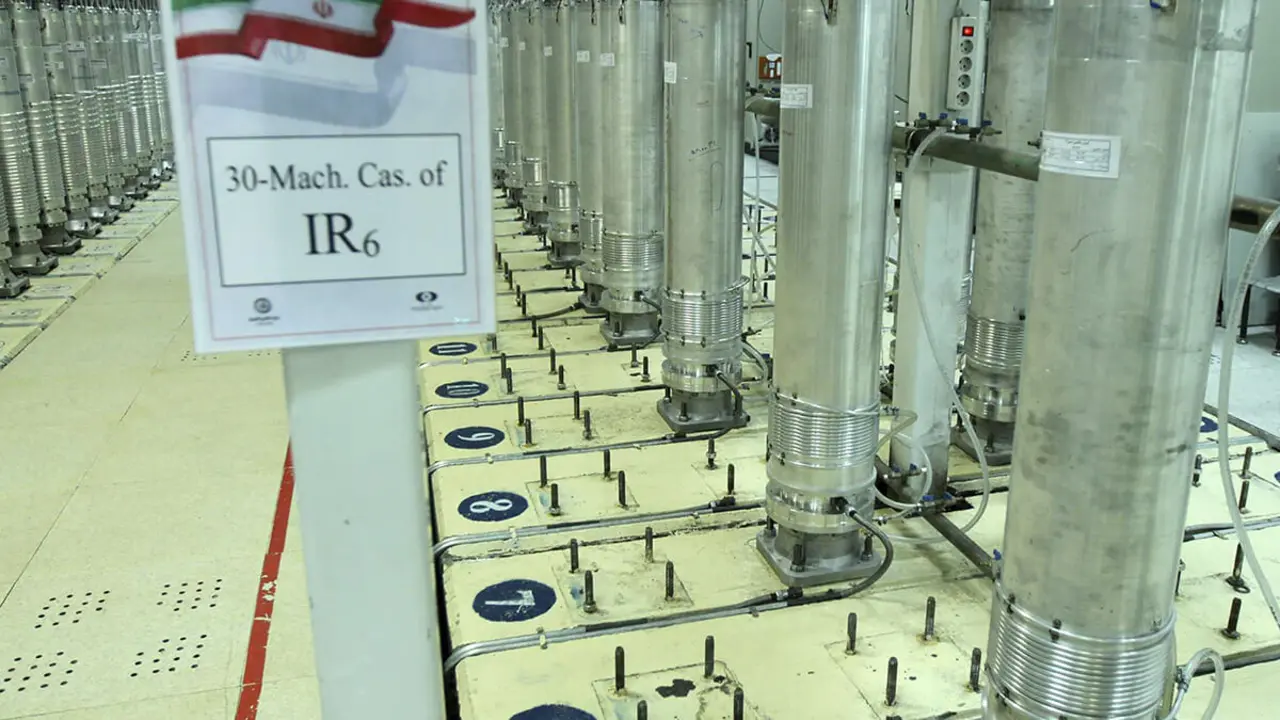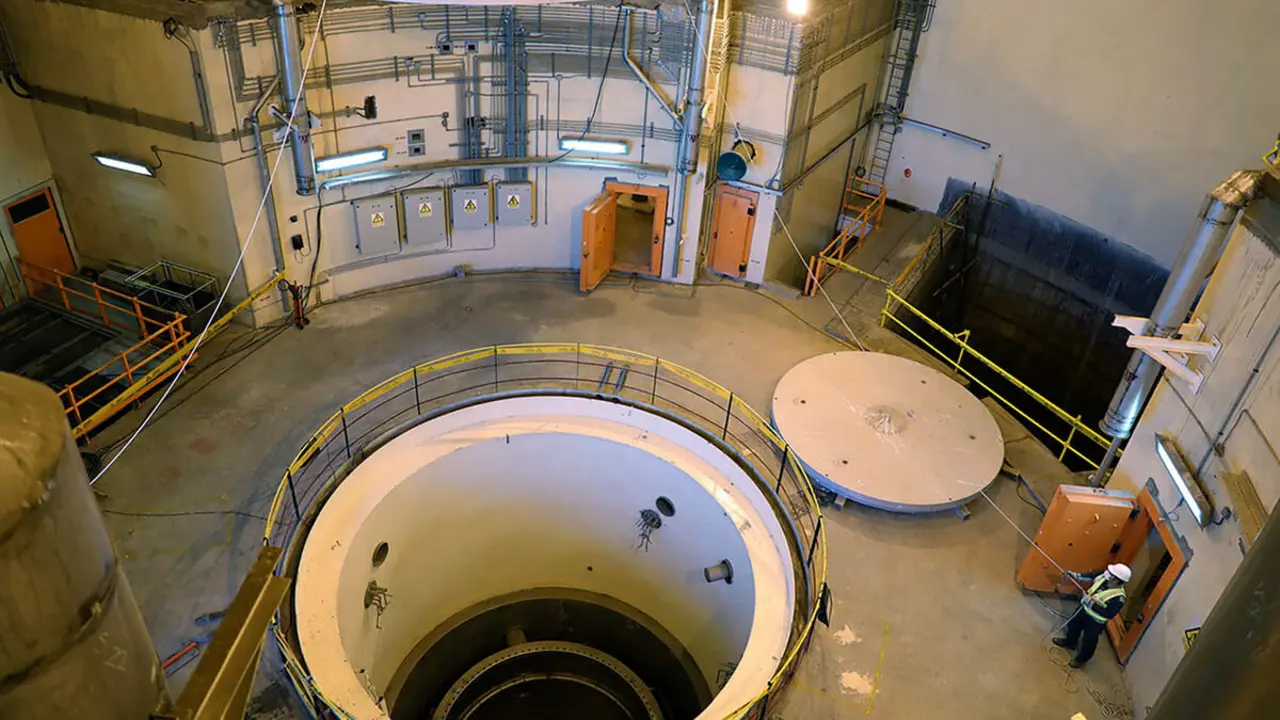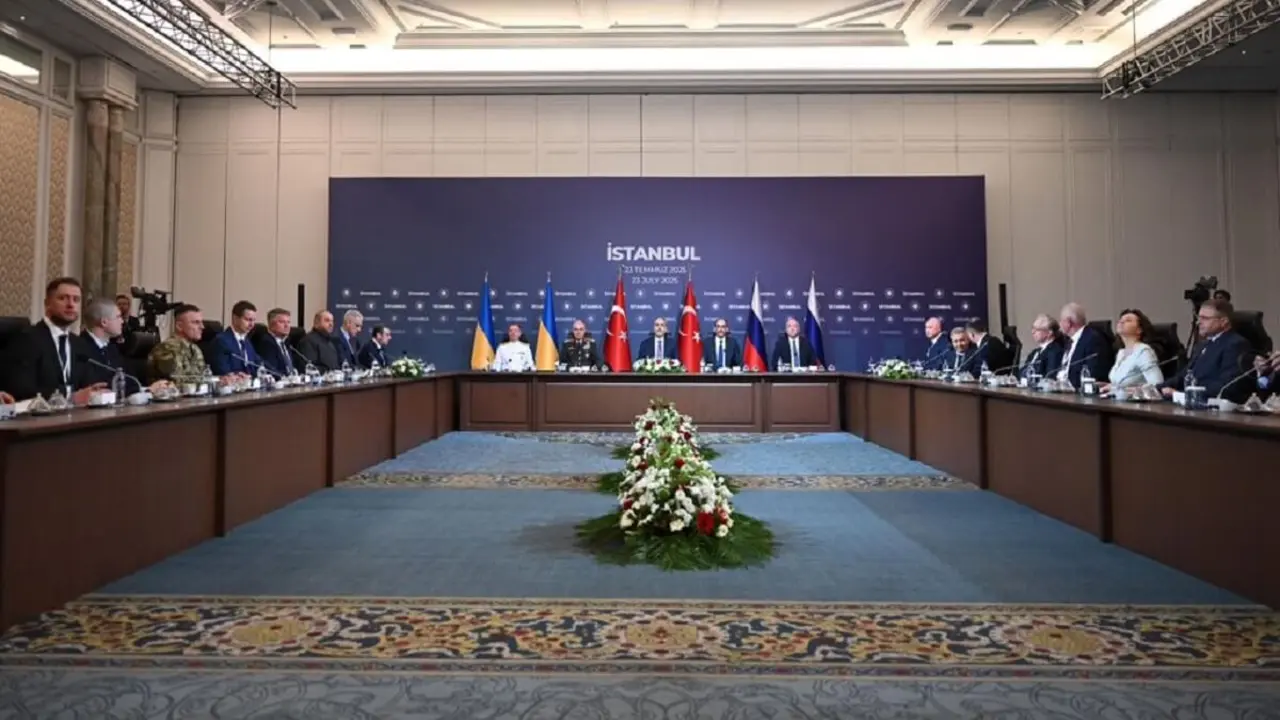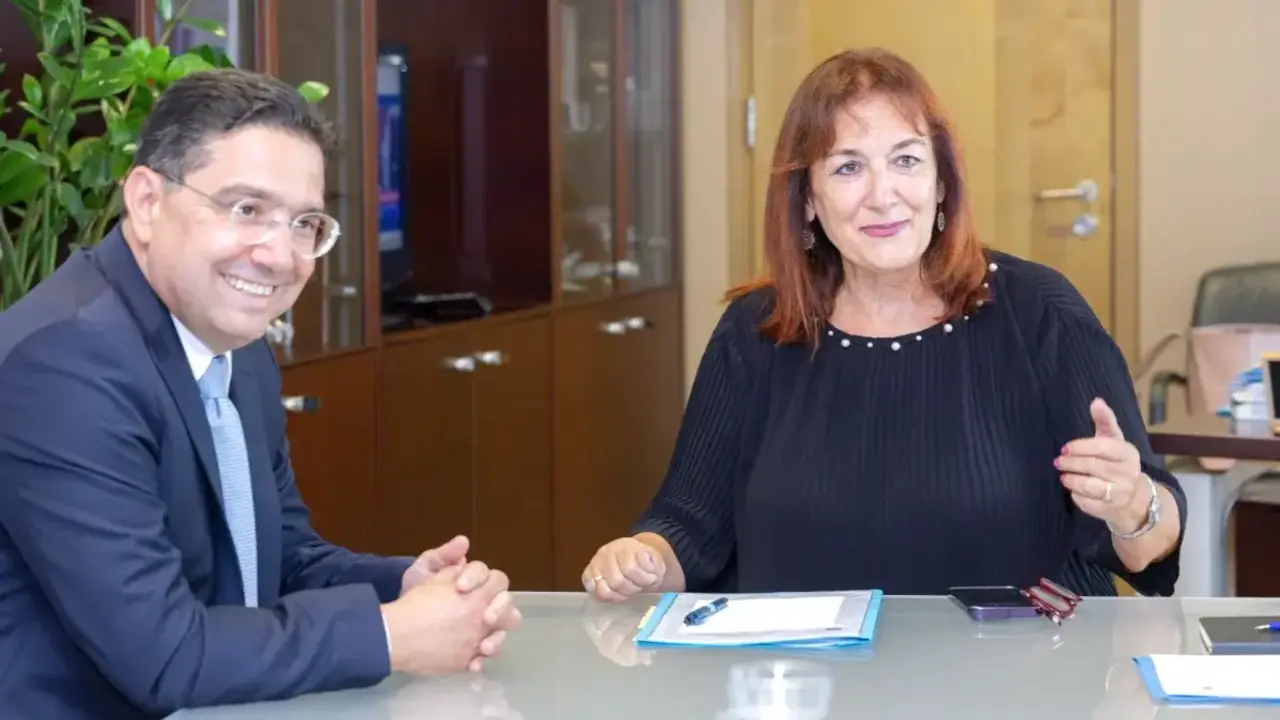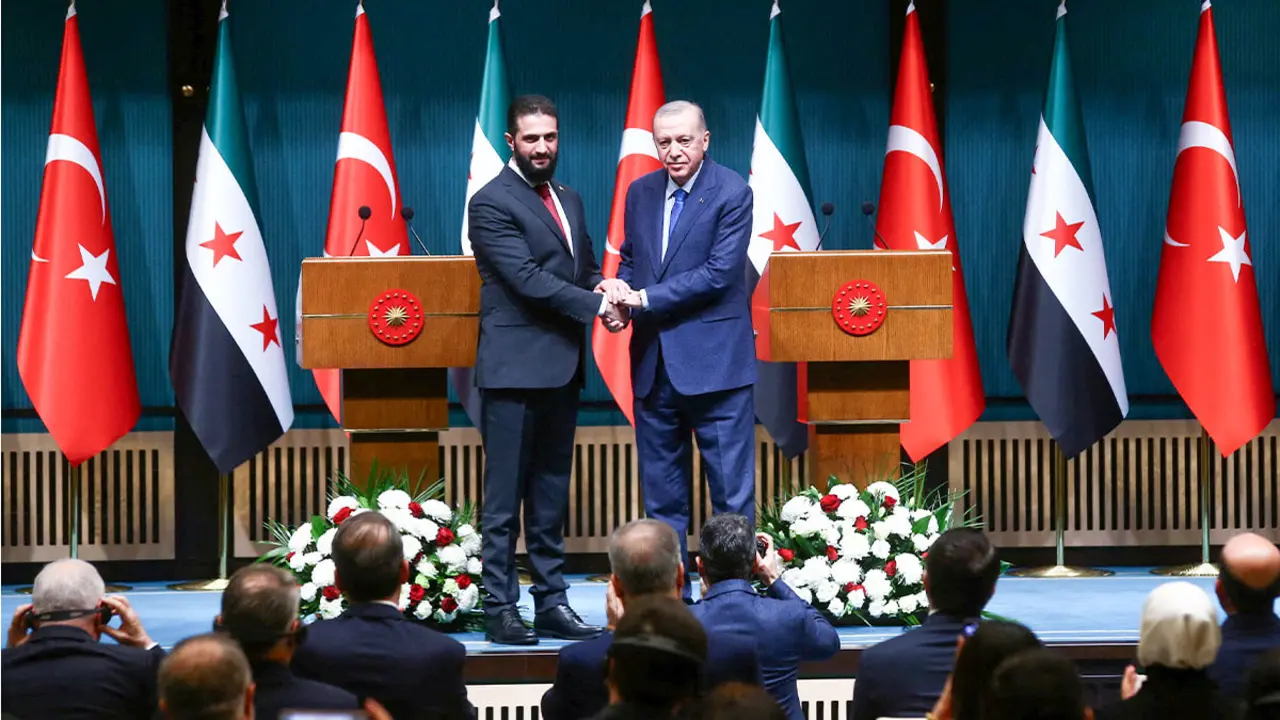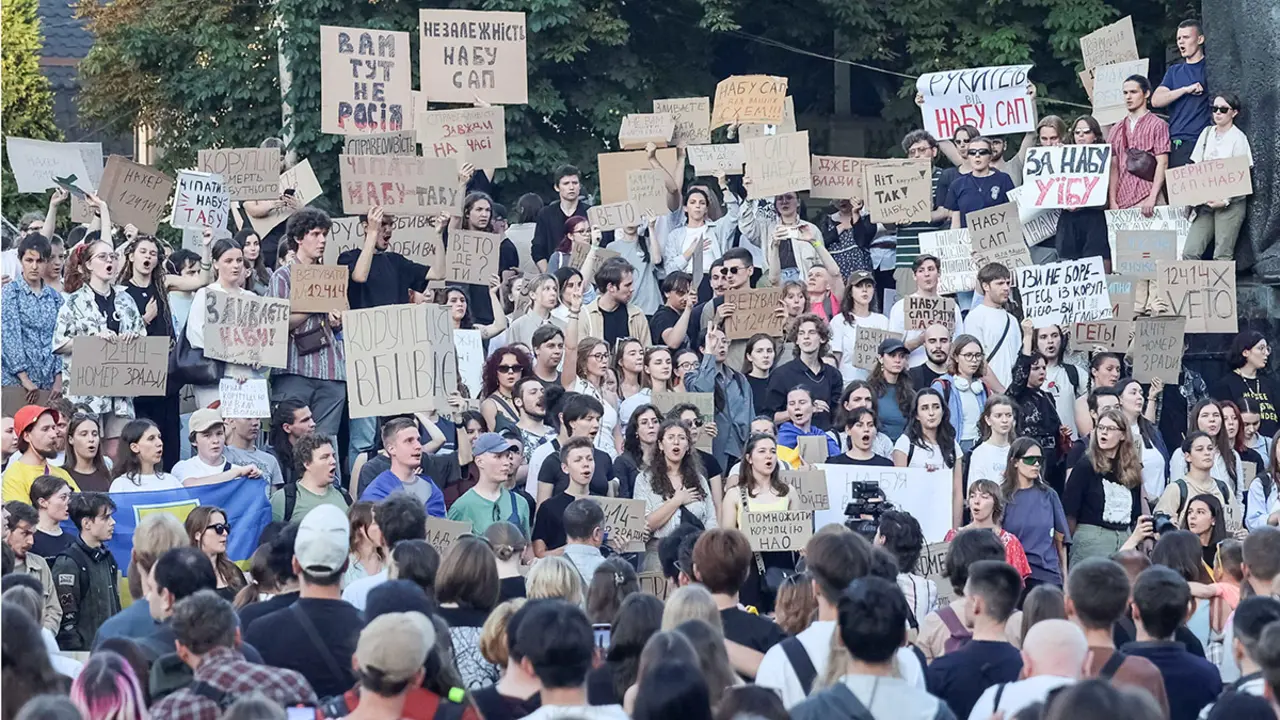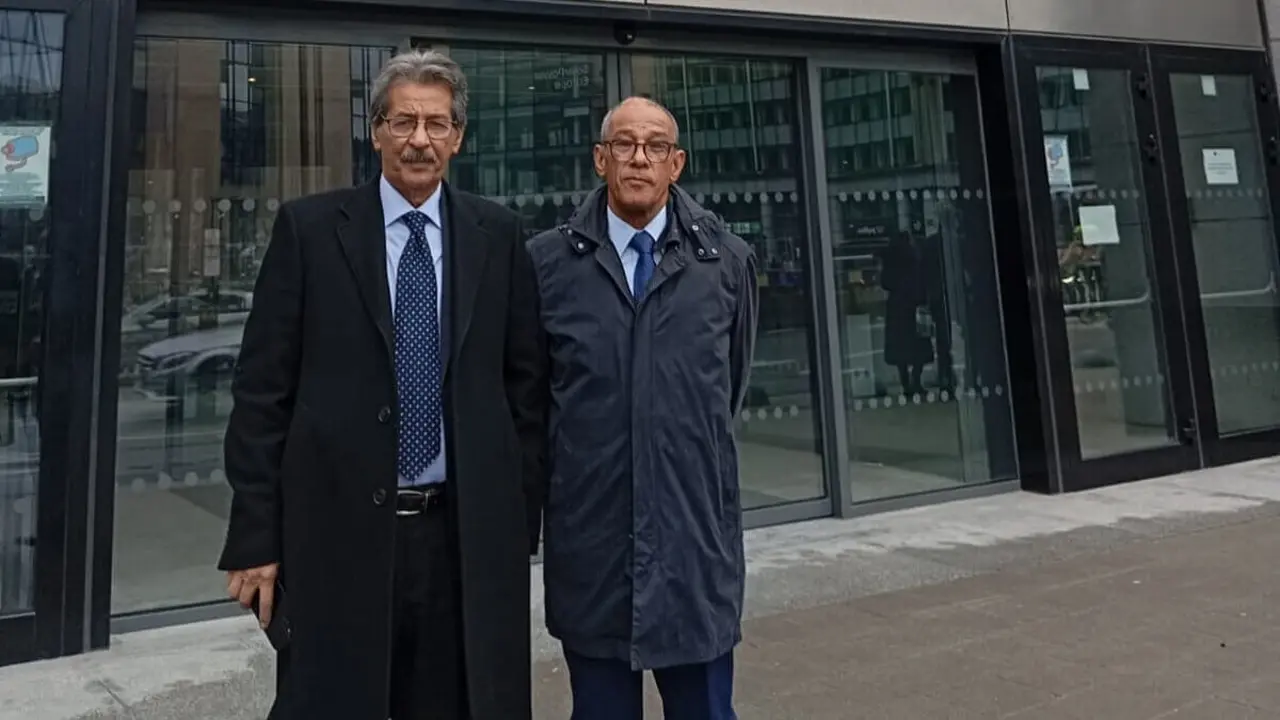The United States versus Iran in Iraq: Justice or Ambition?

Iraq's history took another radical turn in June 2014 after the Daesh terrorist organization, finding almost no resistance, managed to take over the Iraqi city of Mosul. After 265 days of battle, on July 9, 2017, Iraq announced the final liberation of this city from the hands of the self-determined Islamic state. However, peace has not yet fully arrived in this region which, three years later, is living in a spiral of instability caused by the increase in tension between the United States and Iran.
The political control of the province of Nineveh, of which Mosul is the capital, a region rich in natural resources and a link in the supply route from Tehran to the Mediterranean, has created the perfect breeding ground for the emergence of a hybrid war that is being fought behind the scenes and in which Mosul has once again become the big loser. The political sphere has been one of the first victims of this confrontation between Tehran and Washington. A year ago, the governor of this province had the backing and support of Iran. However, the sanctions imposed by the United States against the Islamic Republic or the assassination of General Qassem Soleimani have put Tehran on the ropes and created the perfect scenario for the emergence of a stronger pro-Western bloc, responsible for the replacement of the governor of Nineveh by an ally of the United States.

At least 20 Iraqi officials have described to the Reuters news agency the network that Iran and its allies have been deploying in Mosul to increase their influence in the local government and have criticized the decision of the United States to try to deal with these tactics, increasing their pressure on the region. In their opinion, "this tug-of-war has completely paralysed the recovery of the city of Mosul". Thus, while Iran helps its allies with money and political support, the American nation "has not left any marks on Iraq," according to Nineveh advisor Ali Khdeir.

After Daesh's expulsion from this region, Iraq still faces the daunting task of rebuilding its second city from the ruins of war. Political, economic and social instability, now exacerbated by the coronavirus pandemic, a health crisis that has killed more than 1,100 people in the country, is being exploited again by the terrorist organization that destroyed part of this country more than six years ago. The health system has been another major casualty, especially after the construction of a hospital facility was cancelled due to constant changes in local governments. According to this report, there are currently only 80 beds in emergency rooms for a population of more than one million people. In this context, Iraq has launched a campaign to weaken Daesh's infrastructure in the country.
The constant changes in the political structure of this city have made the approved contracts to build a new emergency hospital or to acquire vehicles to clean the ruins, among other initiatives, a dead letter. Meanwhile, a U.S. Department of State spokesman accused Tehran of working "to master all aspects of Iraq's political and economic life," while they have stressed their intention to help the country "rebuild its economic prospects and improve instability and security in the region". Alireza Miryousefi, spokesman for the Iranian mission to the United Nations in New York, was quick to respond by arguing that the Islamic Republic "does not interfere in the internal affairs" of its neighbour, as a Reuters investigation has pointed out.

The dozens of families who returned to Mosul after their release are suffering the consequences of the unstable political situation. Mosul is, for them, synonymous with the end and the beginning. Two years after losing her son in a US coalition air strike in 2015, Rasha, her husband Luay Shaker and their three children returned home to try to begin again. Reuters journalist John Davison said the reality had shown them the harshness of this conflict and forced them to live in debt. "We had a modest life before Daesh arrived, simple dreams of living without violence, of our children being educated and perhaps one day being able to afford a bigger house. That's impossible now," they said.
The political contest to gain control of Nineveh is part of a larger conflict that encompasses the Sunni-majority provinces of northern Iraq, former strongholds of Saddam Hussein, which are of strategic value to the Islamic Republic and where the United States wants to increase its presence to counter Iranian influence. The instability present in the region - both in Syria to the west, where Iran fights alongside militias loyal to President Bashar al-Assad, and in Lebanon, a country in the throes of an unprecedented economic crisis and home to Hezbollah - has further complicated the scenario of Iraqi political conflict. According to the investigation carried out by the Reuters news agency, the areas of Anbar, divided by the vast Euphrates River, Salahuddin, home to an important Shiite shrine, and Diyala, which borders Iran, are three of the provinces that have attracted the attention of both Washington and Tehran.

Iran's presence in Iraq - one of the world's leading oil exporters and the main battleground between the two nations since 1979 - increased after the United States withdrew from the region following the liberation of the city of Mosul. Tehran established its dominance over Baghdad and the southern Shiite provinces of the country after the 2003 U.S.-led invasion that deposed Saddam Hussein. In contrast, the Sunni areas of the country, where other minority groups such as the Kurds also live, bombed in recent weeks by the Turkish regime in a new "anti-terrorist operation" called Claw-Eagle, were a greater challenge, as documented by journalist John Davison who has said that these regions "became centres of a Sunni insurgency against US forces in the mid-2000s" and later strongholds of the Daesh.
Iranian and U.S. influence in the region following Daesh's withdrawal has two proper names. One is Khamis al-Khanjar, a businessman turned politician, and the other is Ahmed al-Jabouri, known as Abu Mazen, former governor of Salahuddin province, who currently sits in the Iraqi parliament. In 2018, Khanjar said that "the strongest person on the ground is the one who can change things. I am going with the bloc that is (stronger) on the ground. If that coalition has Iranian ties, that's not our fault". Despite making these statements, Khanjar denied being an ally of Iran. The two leaders met again in May 2019 to elect the new governor of Nineveh. Most of Nineveh's 39 advisers in charge of choosing the new governor initially favored a candidate critical of Iran, according to sources to which Reuters has had access. In a pre-voting meeting, the two leaders promised council members local government positions or payments of up to $300,000 to each of the men if they voted for a different candidate: Mansour al-Mareid, an Iranian-backed Sunni who eventually won the election. "Council members can be bought, so I wouldn't be surprised, and nothing can happen in this country without Iran's approval," Mareid said after he was elected.

Under the circumstances, the U.S. decided to impose sanctions on the leaders of the Iranian-aligned militias and their Iraqi Sunni allies, including Abu Mazen and Khanjar. These measures -- according to Reuters' research -- were crucial in persuading Abu Macen to withdraw his support for Mareid and back a former U.S. military commander and ally, Najm al-Jabouri, to replace him as governor. This has caused some of the administrative posts to change hands and no longer be controlled by the allies of the Tehran-backed militias.

Iraq has been a fragmented country for decades. In this scenario, the European Union has decided to support the International Organization for Migration (IOM) in its efforts to reduce local sources of violence and support economic recovery. Funding will cover an 18-month project focusing on two objectives. On the one hand, the resolution of grievances between local actors and the Iraqi Government and, on the other hand, attention to the multiple factors that could cause violence at the community level, including the return of young people who joined the fight against the Daesh.
"In a post-conflict context, attention is rapidly shifting towards stabilization; it is critical to prioritize peace and security as part of the recovery process," said IOM Iraq Chief of Mission Gerard Waite. "Through this project, communities will gain more tools to mediate conflict at the local level, and to address the social and economic factors that can lead to violence," he stressed. "In many communities there has been a breakdown in trust between citizens and the authorities, which can compromise local security," said Martin Huth, EU Ambassador to Iraq.

In the 1980s and early 1990s, before the UN imposed sanctions against Iraq, Iraq had one of the most advanced health systems in the Arab world. The subsequent wars, the 2003 US invasion and the emergence of Daesh, along with widespread corruption in many of the country's institutions, left the nation devastated, including its health system. The people of Mosul have praised the management of the coronavirus pandemic by Jabouri, who decreed confinement to prevent a massive outbreak. Despite this, many citizens feel that he is not up to the task of rebuilding the city. "He had the contacts, the power and the connections in Baghdad to make things happen, even if they were linked to the paramilitaries. He is an engineer by profession and understands construction. Jabouri is a military man. We wish Mareid would come back," Safwan al-Madany, a 30-year-old activist, told the Reuters news agency.
In the remaining Sunni provinces between Nineveh and Baghdad, regional councillors, as well as tribal chiefs and members of the Iraqi parliament, have warned that Iran's efforts to strengthen local political ties are likely to outlast US tactics of continuing air strikes and imposing economic sanctions.

The People's Mobilization Forces -- a paramilitary coalition of mostly Shiite militias, backed mainly by Iran -- control territory, security and checkpoints in much of northern Iraq. In Salahuddin and Nineveh provinces, they have allies in local security and local government.
The region of Iraqi Kurdistan also stands out in this context. The Kurds are the largest stateless ethnic minority in the Middle East. Despite the fact that there are traces of the Kurdish people from the beginning of history, their nationalism was not born until the 20th century, coinciding with the disintegration of the Ottoman Empire and the subsequent creation of different nation-states throughout the Middle East. At present, it is estimated that there are about thirty million Kurds living mainly in the regions of Iran, Iraq, Syria and Turkey.

Their history has been marked by persecution and marginalization. After the fall of the Ottoman Empire they lived dispersed in four nations where they have fought for autonomy and certain political rights. Throughout this period they have been persecuted, denied their identity and thousands have died. The instability in the region caused by the convulsive civil war in Syria, the destabilisation of Iraq or the reappearance of Daesh has led to the Kurds gaining greater recognition.
Still, in recent weeks, Turkish air strikes against alleged PKK targets in northern Iraq have caused civilian casualties and spread fear in the area's refugee camps. Most of the attacks--according to the Middle East Eye--occurred in the Sinjar area, home to the beleaguered Yazidi minority, and in the Makhmour refugee camp, which is home to over 12,000 refugees, mainly Kurds fleeing the long-running Daesh and Kurdistan Workers Party (PKK) conflict. The Kurds - who for a time had the support of the United States - are exerting their influence in some areas of the Nineveh administration. Under the umbrella of justice and reparation, both Washington and Tehran are using Iraq to further their ambitions and increase their control in the region.

